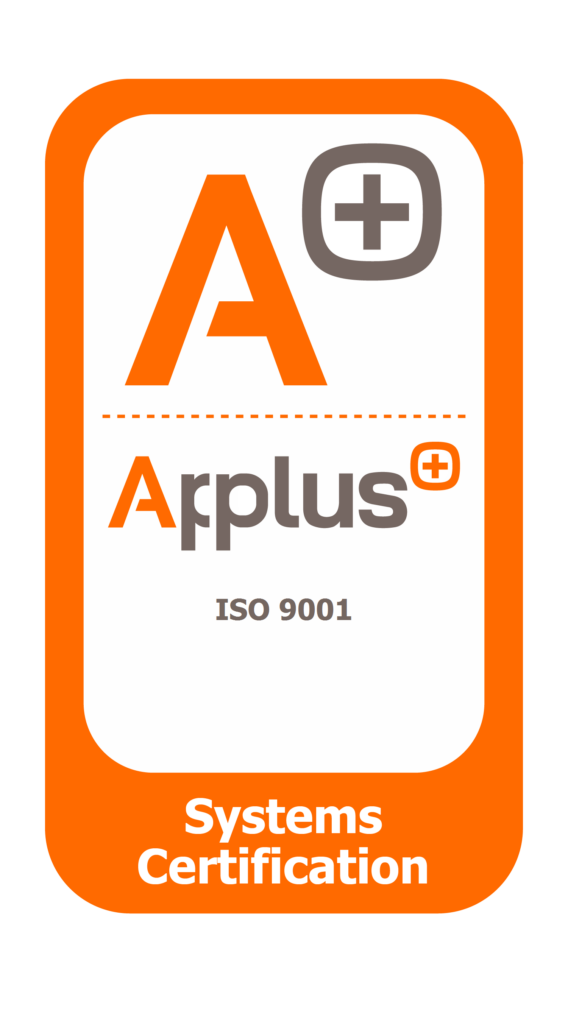The Importance of Smart Water Management
Water scarcity is a growing global concern, especially in rapidly expanding urban areas and regions facing high water demand. Smart water management technologies, such as IoT-powered solutions from thethings.iO, are transforming the way cities and industries optimize water use. By leveraging real-time data and analytics, these innovations ensure sustainable resource utilization, supporting greener cities and healthier ecosystems. This shift not only ensures that water is used more efficiently but also supports sustainability goals, contributing to healthier ecosystems and communities. As the world moves toward smarter, more sustainable cities, the role of IoT-powered smart water management systems will continue to grow.
What is Smart Water Management?
Smart water management refers to the application of advanced technologies, such as IoT sensors, data analytics, and real-time monitoring, to optimize the use and management of water resources. By integrating smart solutions into water infrastructure, municipalities and businesses can achieve a more efficient and sustainable approach to managing water systems.
The Role of IoT in Smart Water Management
The Internet of Things (IoT) plays a pivotal role in smart water management by providing the tools and technologies necessary to monitor water systems in real time. IoT sensors are placed across water pipelines, reservoirs, and other infrastructure components to collect data on water usage, quality, and flow. This data is then analyzed and used to identify trends, predict potential issues, and optimize the overall water management system.
Key Benefits of Smart Water Management
Smart water solutions offer numerous benefits that extend beyond efficiency gains. Some of the key advantages include:
- Improved Efficiency: IoT sensors provide Real-time insights of water usage, helping cities quickly detect leaks, prevent wastage, and optimize resource distribution.
- Reduced Costs : By optimizing water usage and reducing wastage, municipalities can lower operating costs and extend the life of water infrastructure.
- Sustainability: With better data and analytics, cities can achieve more sustainable water management practices, including minimizing over-extraction and reducing the environmental impact of water systems.
- Enhanced Water Quality: IoT sensors can monitor water quality in real time, enabling immediate responses to contamination events and ensuring safer drinking water for communities.
Smart Water Solutions in Practice: Case Studies and Examples
Several cities and organizations around the world have already implemented smart water solutions with impressive results. Here are a few examples:
Smart Water Networks in Barcelona
Barcelona, a global leader in smart city innovation, has implemented IoT-enabled smart water meters that provide real-time consumption data. These meters provide real-time consumption data, allowing both consumers and utility providers to track usage and make adjustments in real time. This has helped reduce water waste by identifying leaks early and enabling proactive maintenance.
Smart Water Metering in Singapore
Singapore’s PUB (Public Utilities Board) has implemented a nationwide smart water metering system to monitor water consumption in real time. The system allows residents and businesses to track their water usage through a mobile app, while the utility can identify unusual patterns indicative of leaks or inefficiencies. This has resulted in a significant reduction in water consumption and enhanced sustainability efforts.
How Smart Water Management Enhances Sustainability
The integration of smart water solutions not only boosts efficiency but also contributes to broader sustainability efforts. For example, smart systems can optimize water use in agriculture, where irrigation systems can be controlled based on weather conditions and soil moisture levels. This reduces water waste and supports sustainable farming practices.
Additionally, smart technologies can help cities adapt to changing environmental conditions by identifying areas at risk of water shortages and implementing conservation strategies in advance. This proactive approach helps safeguard water resources for future generations while meeting the demands of urban growth.
Challenges and Considerations in Implementing Smart Water Systems
While the benefits of smart water management are clear, there are some challenges to implementing these solutions at scale. These include:
- Initial Costs: The implementation of smart water technologies requires significant upfront investment in infrastructure, sensors, and data analytics systems.
- Data Privacy and Security: With the collection of real-time data, concerns about privacy and the security of water systems arise. It is essential to ensure that data is encrypted and securely managed.
- Integration with Legacy Systems: Many cities still rely on outdated infrastructure, making it difficult to integrate new IoT technologies without significant upgrades.
Despite these challenges, the long-term benefits of smart water management make it a worthwhile investment for cities and organizations committed to sustainability.
The Future of Smart Water Management
As technology continues to evolve, so too does the potential for smart water management solutions. The future of water management will likely see even more advanced systems that incorporate artificial intelligence (AI) and machine learning to predict demand, optimize water distribution, and automate decision-making processes. Furthermore, as the global population grows and the demand for water increases, smart water solutions will become increasingly essential in managing this valuable resource efficiently.
Conclusion: Embracing Smart Water for a Sustainable Future
Smart water management, driven by IoT and advanced analytics, is reshaping urban water use and conservation. As cities face rising demand and environmental challenges, adopting these innovative solutions ensures a sustainable, water-secure future. By integrating IoT technologies into water infrastructure, cities and businesses can unlock significant benefits, from enhanced efficiency and cost savings to greater sustainability and improved water quality. While there are challenges in implementing these systems, the potential rewards make smart water solutions a key part of the future of urban living. As we continue to face global water scarcity and environmental concerns, smart water management will be instrumental in ensuring a sustainable future for all.


